The introduction of e-governance reforms by Lieutenant Governor Manoj Sinha has enabled a transparent and credible administrative system which is empowering the citizens of J&K to hold the powerful to account.
By Ajaz Rashid
Launched by Lieutenant Governor Manoj Sinha, Jammu, and Kashmir Integrated Grievance Redress and Monitoring System (JKIGRMS) was touted to emerge as a one-stop solution for people of the union territory who were often disappointed by the grievance redressal system of the administration.
The JKIGRMS is a transformative measure set up by the J&K administration following the abrogation of Article 370 in 2019 to provide solutions to the problems of the common masses at the click of a button. The system has integrated technology into governance, setting up a responsive framework of administration. It has made J&K the first union territory to get connected with the Government of India’s Centralised Public Grievance Redress and Monitoring System.
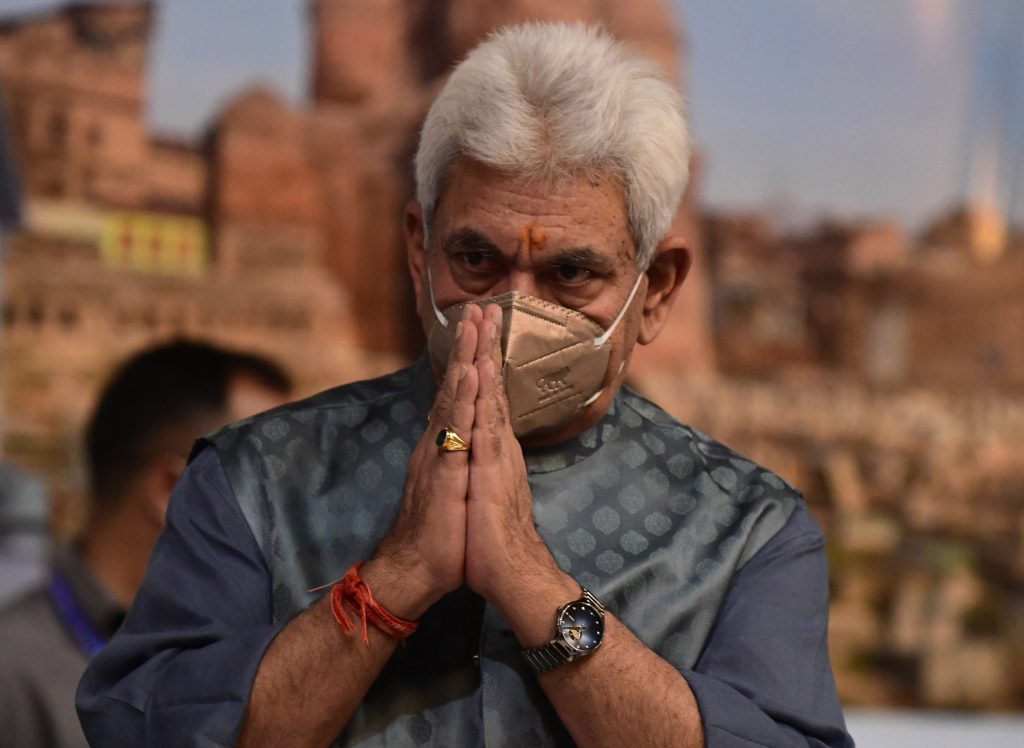
The 2020-21 annual report of the Ministry of Home Affairs lists the JKIGRMS, which provides resolution to dozens of complaints on a daily basis, as one of the e-governance initiatives which reaches out swiftly to the people.
At the centre of the JKIGRMS system is LG’s ‘MULAQAAT’, a video conferencing platform for improving the system of disposal of grievances by involving the deputy commissioners at the top of the civil administration in Jammu and Kashmir with the government officials at the block level in the resolution mechanism. The platform has dramatically sped up the grievance redressal system.
Besides the JKIGRMS, the J&K administration has initiated a slew of key e-governance initiatives to improve the functioning of the administration in the union territory.
“Now, any citizen of J&K in any part of the union territory can directly approach the officers at the highest level or even meet them personally to seek redressal of their grievances. This has improved governance and percolated a sense of accountability in the administration,” a senior J&K government official said.
Besides the JKIGRMS, the J&K administration has initiated a slew of key e-governance initiatives to improve governance delivery in the union territory. For example, the government has launched ‘Jan Nigrani’, a mobile app, to help people register their feedback or online complaints against the schemes being implemented in different parts of Jammu and Kashmir by the Rural Development Department.
The ‘Jan Nigrani’ app has been developed as an e-governance initiative for providing a 24×7 platform for redressal of public grievances by connecting the residents of J&K with government officials through a common platform.
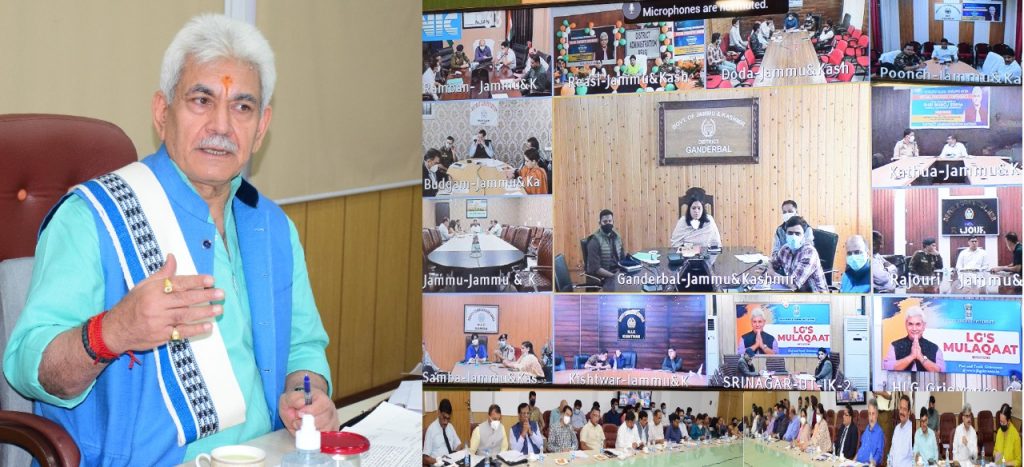
“Using this app, a person can register his or her grievance against a specific scheme which would be automatically mapped to the officials involved in the implementation of the scheme. The redressal is obtained using customised scheme-specific input forms,” the government official said.
While launching the grievance cell in 2020, Sinha had said that an effective grievance redressal mechanism is the lifeblood of any good governance system, “A common citizen wants a sympathetic, courteous, responsive, and helpful administrative setup,” he had said.
The Jammu and Kashmir government had hoped that the ordinary people, who were fed up with previous governments because of their inability to deliver on the most pressing public issues, would participate in building a better system of governance and improving accountability in the administration. The idea has started bearing fruits.
Over the past two years, the JKIGRMS system has radically transformed the system of governance in Jammu and Kashmir. It has enabled a quick system of grievances and feedback from people, which is then taken up directly by the district administration for redressal. The health department has received the highest 4462 grievances from January 1, 2021, to June 6, 2022, out of which 4225 or more than 94 percent have been redressed.
The e-governance initiatives have especially benefitted thousands of poor patients who were let down by the state of affairs at the government-run healthcare centres where the ‘patient satisfaction’ score remains abysmally low due to a host of reasons.
In June, the J&K government launched the “Mera Aspataal” app, which has done away with the traditional ‘complaint box’ system that was often neglected and forgotten by the administrators, sometimes to save themselves from being held accountable.
“The app, which is connected to a centralised system run by the Union government’s Ministry of Health and Family Welfare, monitors the grievances and assesses their resolution, which will ultimately improve the delivery of healthcare in J&K hospitals,” said Dr Shafqat Khan, Officer On Special Duty HME Department & In-charge Grievance Cell HME.
Dr Khan said that the app will regularly generate monthly feedback, which will be monitored at the highest level of the UT administration.
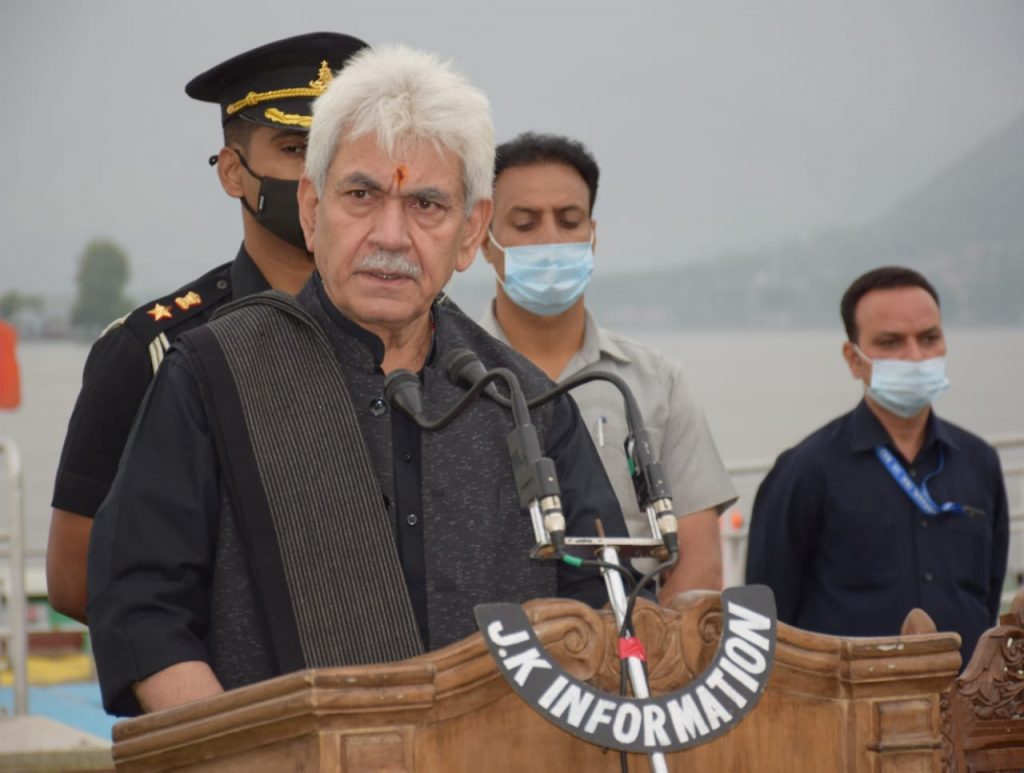
“The patient satisfaction at the government-run hospitals in Jammu and Kashmir is very low, which often hits the image of the administration badly. By empowering patients and their attendants, the new app is likely to infuse a new sense of accountability in the public healthcare sector,” Dr Khan added.
The reforms in the grievance redressal system have changed the way the citizens of J&K look at the government. From abject apathy, there is now a sudden urge among people to participate in the processes of governance in order to hold the powerful to account.
“There was a time when officials would not bother coming to the office for days. Now, when they don’t turn up, all one has to do is collect proof of such dereliction of duties, and action follows immediately,” the official said.
“It has never before happened in the history of J&K,” he added.
In June, the J&K government launched the “Mera Aspataal” app, which has done away with the traditional ‘complaint box’ system that was often neglected and forgotten by the administrators, sometimes to save themselves from being held accountable.
“The app, which is connected to a centralised system run by the Union government’s Ministry of Health and Family Welfare, monitors the grievances and assesses their resolution, which will ultimately improve the delivery of healthcare in J&K hospitals,” said Dr Shafqat Khan, Officer On Special Duty HME Department & In-charge Grievance Cell HME.
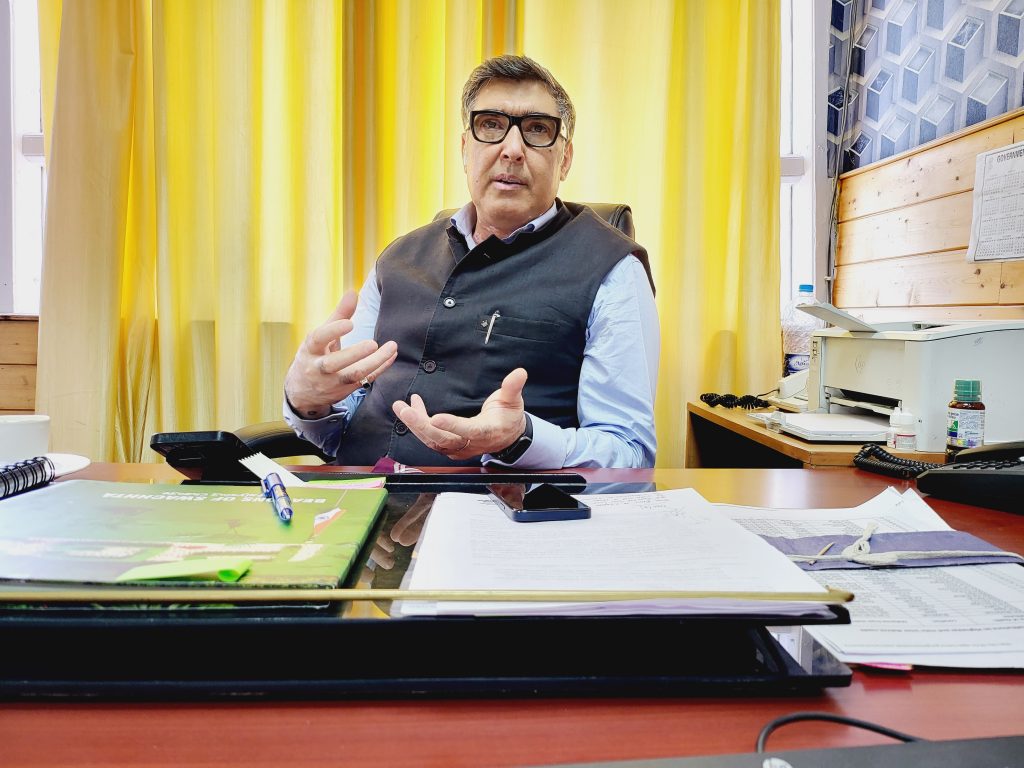
Dr Khan said that the app will regularly generate monthly feedback, which will be monitored at the highest level of the UT administration.
“The patient satisfaction at the government-run hospitals in Jammu and Kashmir is very low, which often hits the image of the administration badly. By empowering patients and their attendants, the new app is likely to infuse a new sense of accountability in the public healthcare sector,” Dr Khan added.
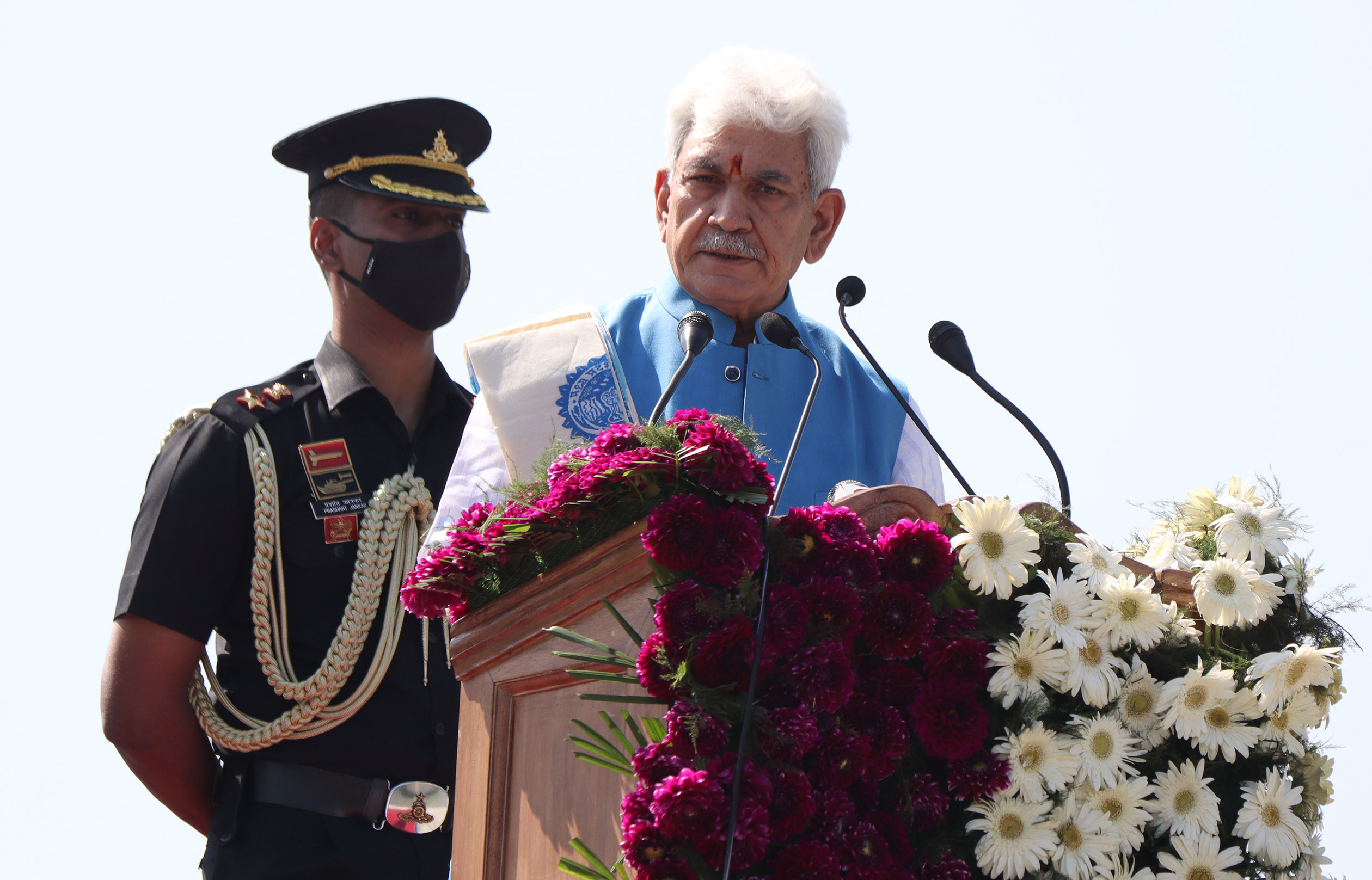
Leave a Reply